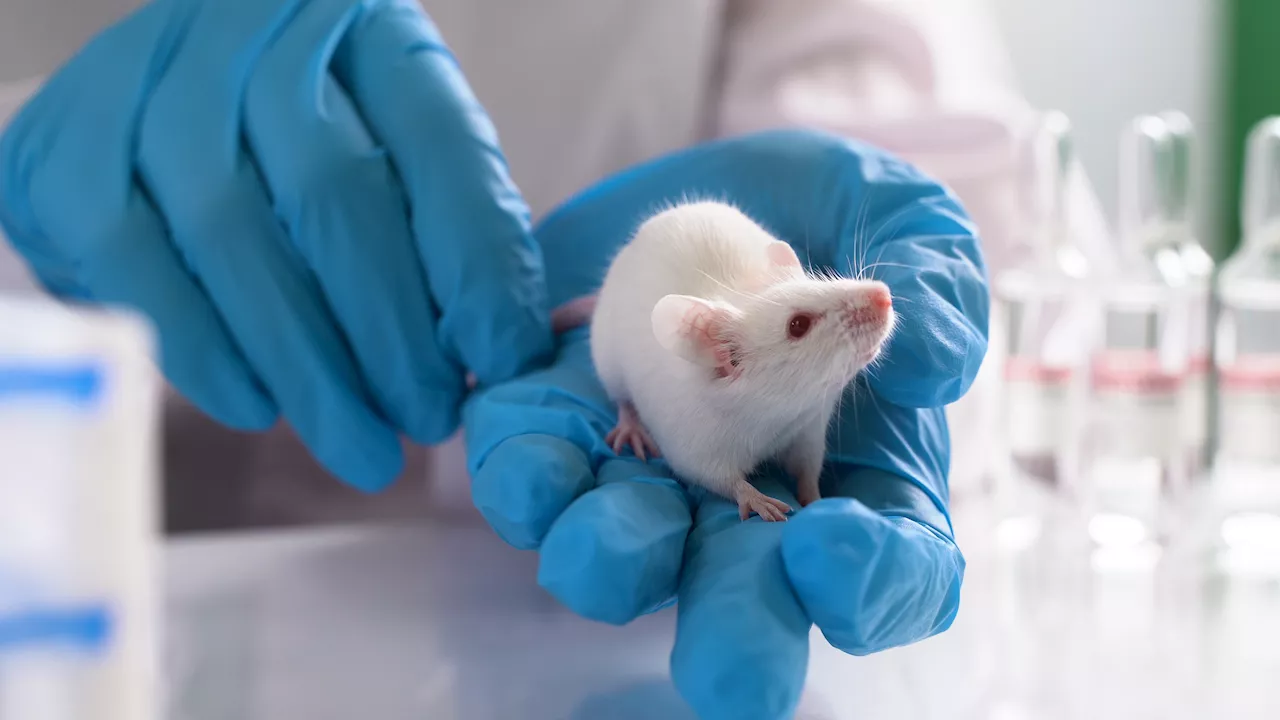Researchers have unveiled a breakthrough in solid-state cooling technology, doubling the efficiency of today's commercial systems.
Researchers have unveiled a breakthrough in solid-state cooling technology, doubling the efficiency of today's commercial systems. Driven by the Lab's patented nano-engineered thin-film thermoelectric materials and devices, this innovation paves the way for compact, reliable and scalable cooling solutions that could potentially replace traditional compressors across a range of industries.
"This real-world demonstration of refrigeration using new thermoelectric materials showcases the capabilities of nano-engineered CHESS thin films," said Rama Venkatasubramanian, principal investigator of the joint project and chief technologist for thermoelectrics at APL."It marks a significant leap in cooling technology and sets the stage for translating advances in thermoelectric materials into practical, large-scale, energy-efficient refrigeration applications.
The results were striking: Using CHESS materials, the APL team achieved nearly 100% improvement in efficiency over traditional thermoelectric materials at room temperature .
"We used metal-organic chemical vapor deposition to produce the CHESS materials, a method well known for its scalability, cost-effectiveness and ability to support large-volume manufacturing," said Jon Pierce, a senior research engineer who leads the MOCVD growth capability at APL."MOCVD is already widely used commercially, making it ideal for scaling up CHESS thin-film thermoelectric materials production.
"The success of this collaborative effort demonstrates that high-efficiency solid-state refrigeration is not only scientifically viable but manufacturable at scale," said Susan Ehrlich, an APL technology commercialization manager."We're looking forward to continued research and technology transfer opportunities with companies as we work toward translating these innovations into practical, real-world applications.
Engineering And Construction Civil Engineering Nanotechnology Spintronics Research Mobile Computing Information Technology Computer Science
United States Latest News, United States Headlines
Similar News:You can also read news stories similar to this one that we have collected from other news sources.
 Micro-nano-plastics found in artery-clogging plaque in the neckA small study found that fatty buildup in the blood vessels of the neck (carotid arteries) may contain 50 times or more micronanoplastics -- minuscule bits of plastic -- compared to arteries free of plaque buildup.
Micro-nano-plastics found in artery-clogging plaque in the neckA small study found that fatty buildup in the blood vessels of the neck (carotid arteries) may contain 50 times or more micronanoplastics -- minuscule bits of plastic -- compared to arteries free of plaque buildup.
Read more »
 Chrome will now use Gemini Nano to catch scamsAfter double majoring in unemployment (English and Art History), Igor’s career prospects were, to say the least, limited. It was either become a teacher or a writer. Thankfully, he went with the latter.
Chrome will now use Gemini Nano to catch scamsAfter double majoring in unemployment (English and Art History), Igor’s career prospects were, to say the least, limited. It was either become a teacher or a writer. Thankfully, he went with the latter.
Read more »
 T. rex researchers eviscerate 'misleading' dinosaur leather announcementPatrick Pester is the trending news writer at Live Science. His work has appeared on other science websites, such as BBC Science Focus and Scientific American. Patrick retrained as a journalist after spending his early career working in zoos and wildlife conservation.
T. rex researchers eviscerate 'misleading' dinosaur leather announcementPatrick Pester is the trending news writer at Live Science. His work has appeared on other science websites, such as BBC Science Focus and Scientific American. Patrick retrained as a journalist after spending his early career working in zoos and wildlife conservation.
Read more »
 Stanford Researchers Say No Kid Under 18 Should Be Using AI Chatbot CompanionsScience and Technology News and Videos
Stanford Researchers Say No Kid Under 18 Should Be Using AI Chatbot CompanionsScience and Technology News and Videos
Read more »
 Exercise can prevent cognitive decline even when energy lags, researchers discoverResearchers at the University of Missouri discovered that exercise could make up for lost energy, pinpointing a link between liver function and cognitive decline.
Exercise can prevent cognitive decline even when energy lags, researchers discoverResearchers at the University of Missouri discovered that exercise could make up for lost energy, pinpointing a link between liver function and cognitive decline.
Read more »
 Researchers extended mice lifespans by 33%, but will it work on humans?Researchers found a way to extend the lifespan of mice, but can we use the same trick to extend the human lifespan?
Researchers extended mice lifespans by 33%, but will it work on humans?Researchers found a way to extend the lifespan of mice, but can we use the same trick to extend the human lifespan?
Read more »
